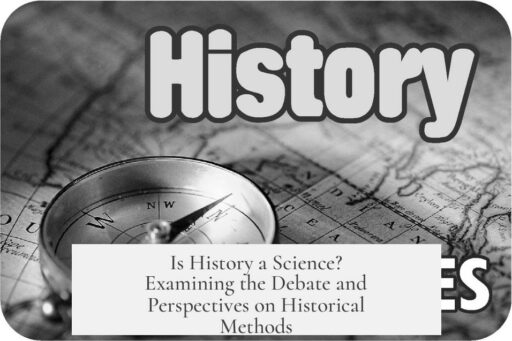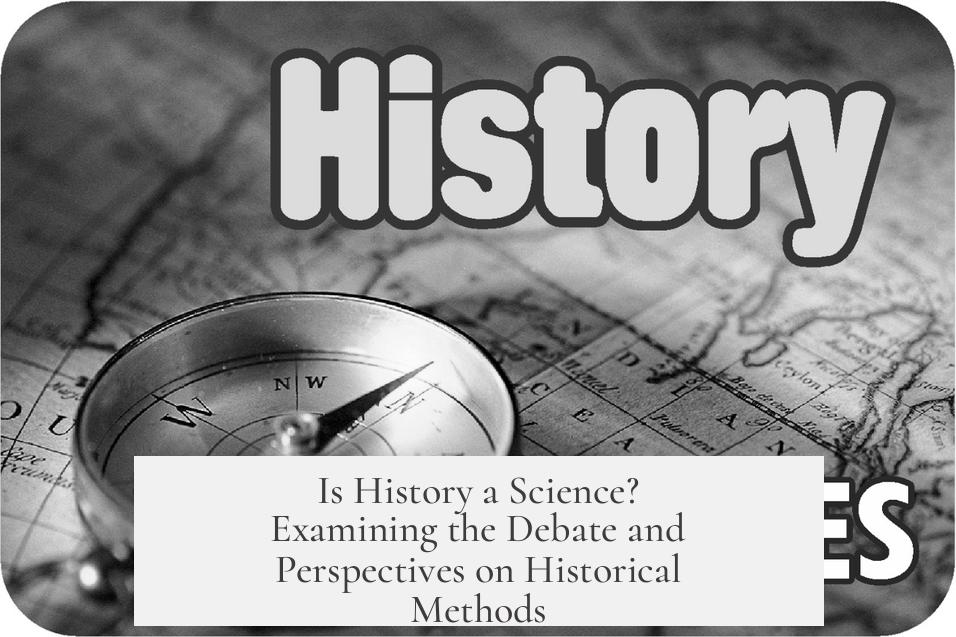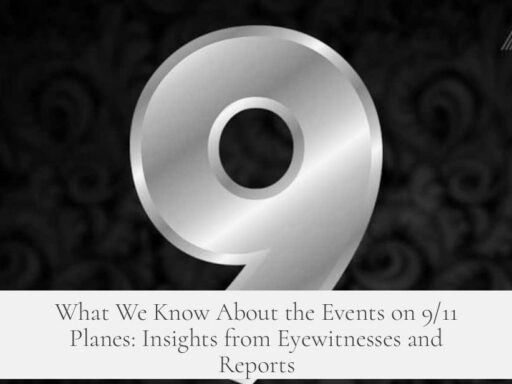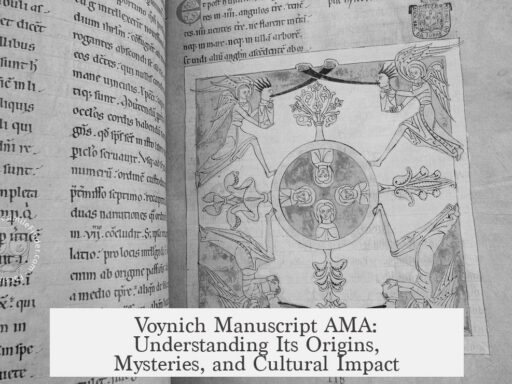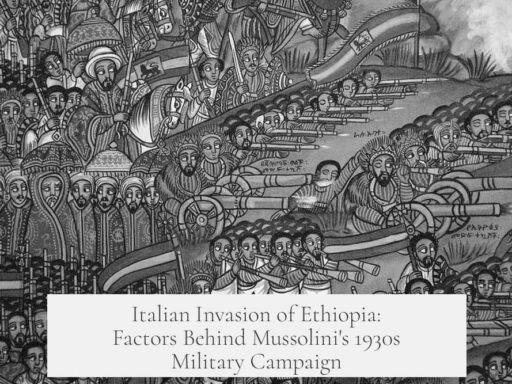History is not a science in the same way fields like physics or chemistry are, but it employs empirical methods and coherent argumentation to study the past. It belongs to the social sciences and humanities, focusing on human actions and interpretations rather than natural laws.
The question of whether history is a science has long been debated. René Descartes, a foundational figure in modern science, argued that all knowledge should rest on observation and clear, certain axioms. His Cartesian Method, emphasizing rigorous, logical deduction from observable facts, became central to fields like physics and biology. Descartes’s approach champions truth as objective and measurable, derived from the natural world.
By contrast, Giambattista Vico critiqued this scientific model when applied to human affairs such as history. Vico argued that human events resist straightforward scientific methods because they are driven by unpredictable factors like chance, emotion, and context. He famously said that trying to apply a geometric or scientific method to human history is like forcing logic into the chaotic nature of life and society.
“To introduce geometrical method into practical life is like trying to go mad with the rules of reason… human affairs are ruled by capriciousness, temerity, opportunity, and chance.” – Giambattista Vico
Vico also emphasized that historical truth is a human construction. Unlike scientific data, where measurements have objective reality, historical facts depend on interpretation. For example, measuring electrical waves in a brain is different from labeling which recollection or account in history is the ‘true’ one. The signals don’t inherently hold truth values; they must be interpreted contextually.
This difference highlights a fundamental contrast between natural science and history. Natural sciences seek universal laws and repeatable experiments. History investigates unique events shaped by human intentions. This complexity makes historical knowledge partly subjective, composed through a synthesis of evidence and narrative.
Critics who dismiss history as merely opinionated misunderstand its methodological rigor. History relies on empirical evidence—documents, artifacts, testimonies—and constructs well-reasoned narratives grounded in this data. It is not arbitrary storytelling but an inquiry into what most likely happened based on available sources.
Moreover, history does not typically employ quantitative or mathematical methods standard in natural sciences. It is qualitative, interpretive, and often interdisciplinary, drawing on sociology, anthropology, and economics. Some social sciences, such as economics and political science, claim to be sciences and use quantitative data, but even they face challenges distinguishing themselves clearly from humanities.
The debate about what qualifies as a science—the demarcation problem—remains unresolved in philosophy of science. Most scholars accept that history occupies a middle ground. Its claims are neither purely objective facts nor purely subjective opinions; they are evaluated through critical scrutiny and evidence-based reasoning.
In summary:
- History studies human actions and contexts that resist reduction to universal scientific laws.
- It uses empirical evidence but relies on interpretation and narrative construction.
- Historical truth is constructed, unlike scientific truth founded on measurable phenomena.
- History is a humanistic and social-scientific discipline, not a natural science.
- The demarcation between history and science involves unresolved philosophical questions about objectivity and methodology.
Understanding this distinction helps clarify what history aims to do and why it oper-ates differently from natural sciences. Both are rigorous but serve different kinds of knowledge and methods.
Is History a Science? The Age-Old Debate with a Modern Twist
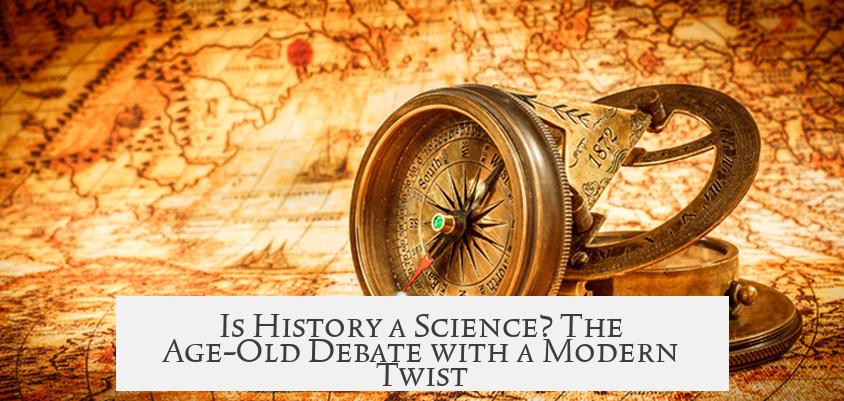
Is history a science? The short answer is no, but don’t rush off thinking it’s just storytelling with a fancy coat. Let’s unpack what that means—and why it matters.
History and science sit at different tables in the grand banquet of human knowledge. Science craves precision, numbers, and repeatable experiments. History, meanwhile, tells stories shaped by humans, filled with chance, complexity, and interpretation.
René Descartes: The Godfather of Scientific Method
Let’s start in the 17th century with René Descartes. His famous phrase, “Cogito ergo sum” (“I think, therefore I am”), marks a turning point. According to Descartes, to know something for sure you must build upon clear, observational truths. This approach birthed the scientific method—observe, hypothesize, test, repeat.
Science owes a lot to this method. Gravity isn’t a rumor; it’s measurable, quantifiable. Toss an apple and it falls. That’s simple, repeatable, and observable—perfect for science.
But Wait, Humans Are Not Apples! Enter Giambattista Vico
Giambattista Vico, a professor and 18th-century thinker, didn’t buy the Cartesian idea wholesale. He argued the Cartesian method fits natural sciences but stumbles when applied to human affairs like history. Why? Because human actions are messy and unpredictable:
“introducing geometrical method into practical life is like trying to go mad with the rules of reason, attempting to proceed by a straight line among the tortuosities of life…”—The Ancient Wisdom of the Italians (1710)
Imagine trying to explain politics line by line with the precision of geometry. Ridiculous, right? Human history is full of chance, whimsy, luck, mistakes, and chaos. Not neat experiments.
Truth: Is It Discovered or Made?
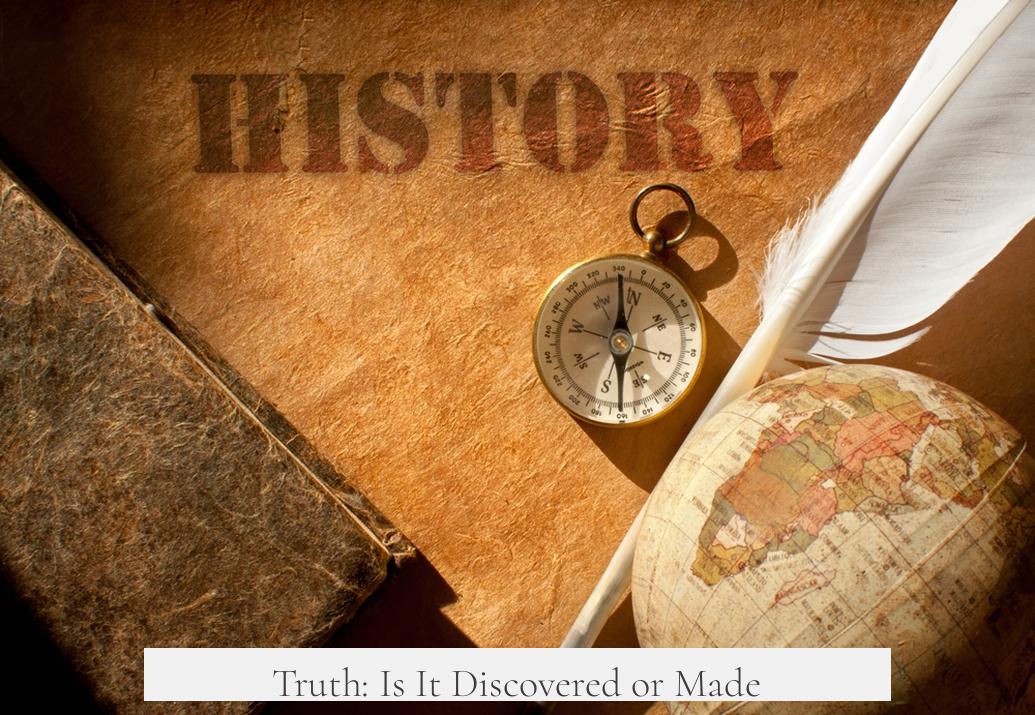
Science looks for objective truth—facts that hold up no matter who checks them. History, Vico points out, is crafting truth. It’s a tapestry humans weave, based on evidence but always interpreted through human lenses. So, you won’t point to two brainwaves and say, “One’s true, one’s false” like you would with a physics equation.
This is where the tension crops up. Those who champion science shrug at history, reducing it to “just opinions.” But that’s missing the point. The world of humans can’t always reduce to yes/no, true/false binaries. It’s complicated.
The Nature of History: Empirical but Not Experimental
History is empirical; it depends on evidence. Archaeological finds, documents, oral histories—these all feed its stories. But unlike science, it doesn’t seek universal laws or formulas. It aims to understand past humans, their decisions, contexts, and consequences. In short, it’s a qualitative study with social-scientific roots.
Notice it doesn’t copy the scientific method slavishly. History thrives in narrative and critical argument, not in labs and numbers. This doesn’t make history “less than” science; it makes it different.
Don’t Confuse History with Economics or Political Science
Now, if you want to talk about social sciences struggling to claim the hard science badge, look at economics or political science first. They strive—and sometimes stumble—to apply scientific rigor to messy human affairs. History? It quietly ignores that race altogether.
The Demarcation Problem: What Exactly Counts as Science?
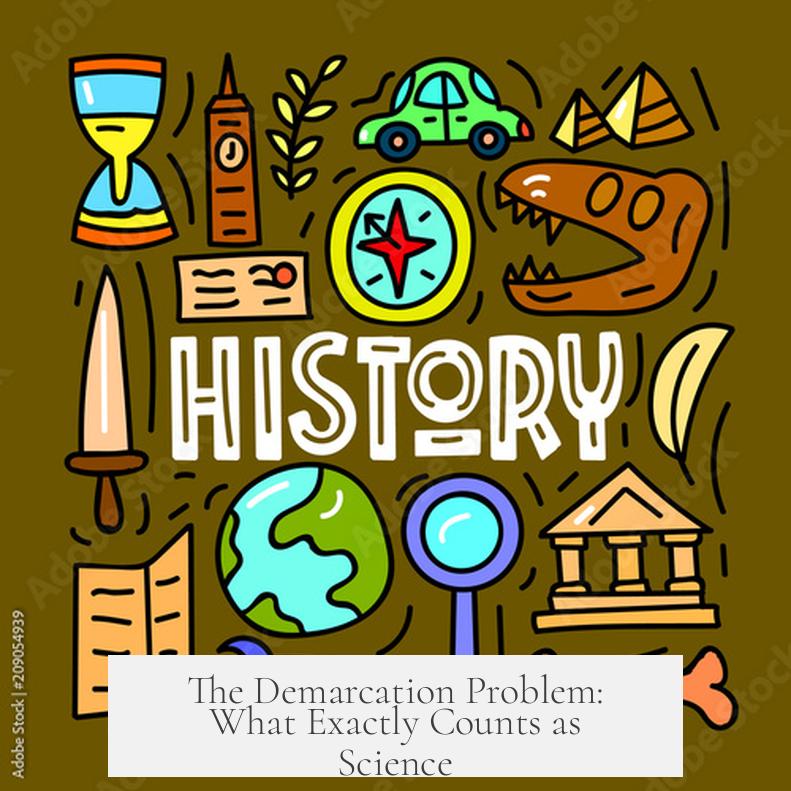
And here’s a kicker: defining what counts as “science” isn’t straightforward. Philosophers call this the demarcation problem. No one agrees on a universal checklist. Is astronomy less scientific than physics because we can’t rerun cosmic experiments? Is psychology a full science or a hybrid?
Historical truths sit in that fuzzy middle ground—not purely objective, but not mere opinion either. They represent well-supported interpretations, open to revision as new evidence emerges.
Practical Perspective: Why Does This Distinction Matter?
Knowing that history isn’t a science like chemistry helps set expectations:
- Don’t expect absolute certainty. History deals with probabilities, perspectives, and interpretations.
- Appreciate complexity. Humans can’t be boiled down to formulas—history shows us why.
- Value narrative. Stories help us make sense of the past, not just statistical summaries.
For example, when studying the causes of World War I, historians don’t point to a single “cause” like measuring temperature in a lab. Instead, they weave political tensions, alliances, personalities, and chance events into a nuanced explanation.
Is This Complexity a Weakness? No!
History’s richness is a strength. It invites critical thinking, challenges simplistic narratives, and helps us understand human nature in all its messiness. For those who love stories with depth and detail rather than “one-size-fits-all” answers, history is a treasure.
Wrapping Up: Is History a Science? It’s Complicated (Literally)
History is not a natural science but an empirical, qualitative social science that crafts understanding of the past through human stories and evidence. It doesn’t deliver airtight laws like physics but instead offers interpreted truths within complex human contexts.
So, next time someone declares, “History isn’t a real science,” remind them that truth wears many costumes. History’s costume just happens to be storytelling woven with critical inquiry, not equations and lab coats.
After all, does understanding humanity deserve anything less?
Is history considered a science like physics or chemistry?
History differs from natural sciences like physics. It studies human events through narratives and arguments rather than experiments and precise measurements. It does not use strict mathematical formulas or controlled tests.
Can historical truth be proven the same way scientific facts are?
Historical truth is often constructed through interpretation, not absolute proof. Unlike physical phenomena, history lacks fixed markers for ‘true’ or ‘false’. Truth in history depends on evidence but also human context and perspective.
Why do some argue that history is not a science?
Because history deals with human complexities and chance, it cannot rely on rigid methods like the Cartesian scientific method. Human affairs include uncertainty and interpretation, which differ from natural world observation.
Does history rely on opinion rather than evidence?
No, history is empirical and based on evidence from documents, artifacts, and testimonies. While it involves interpretation, it is far from being mere opinion or guesswork.
How does history compare to social sciences like economics or political science?
Unlike history, some social sciences claim to be sciences and use statistical methods and models. History focuses more on qualitative analysis and storytelling, making its approach distinct.
